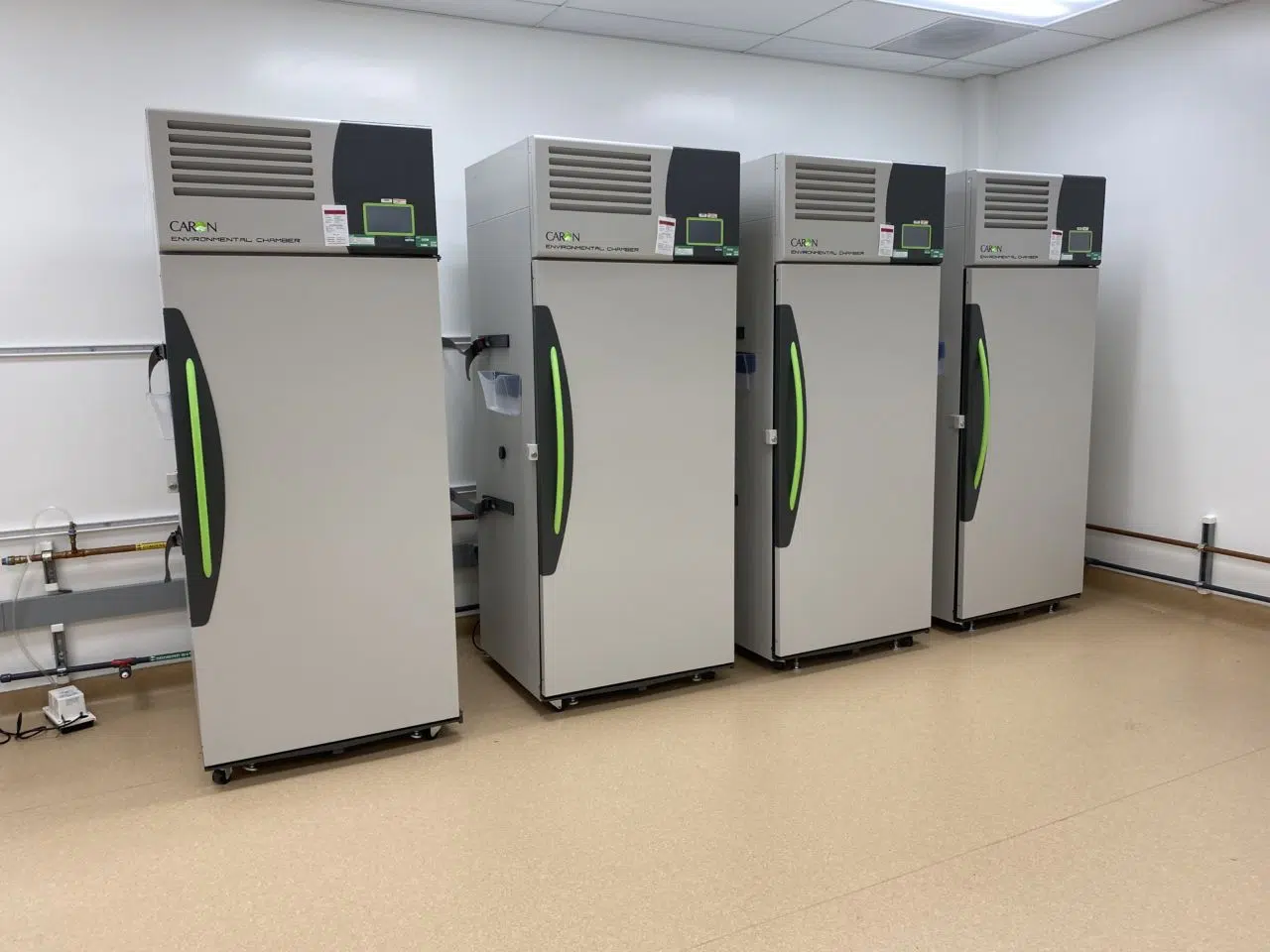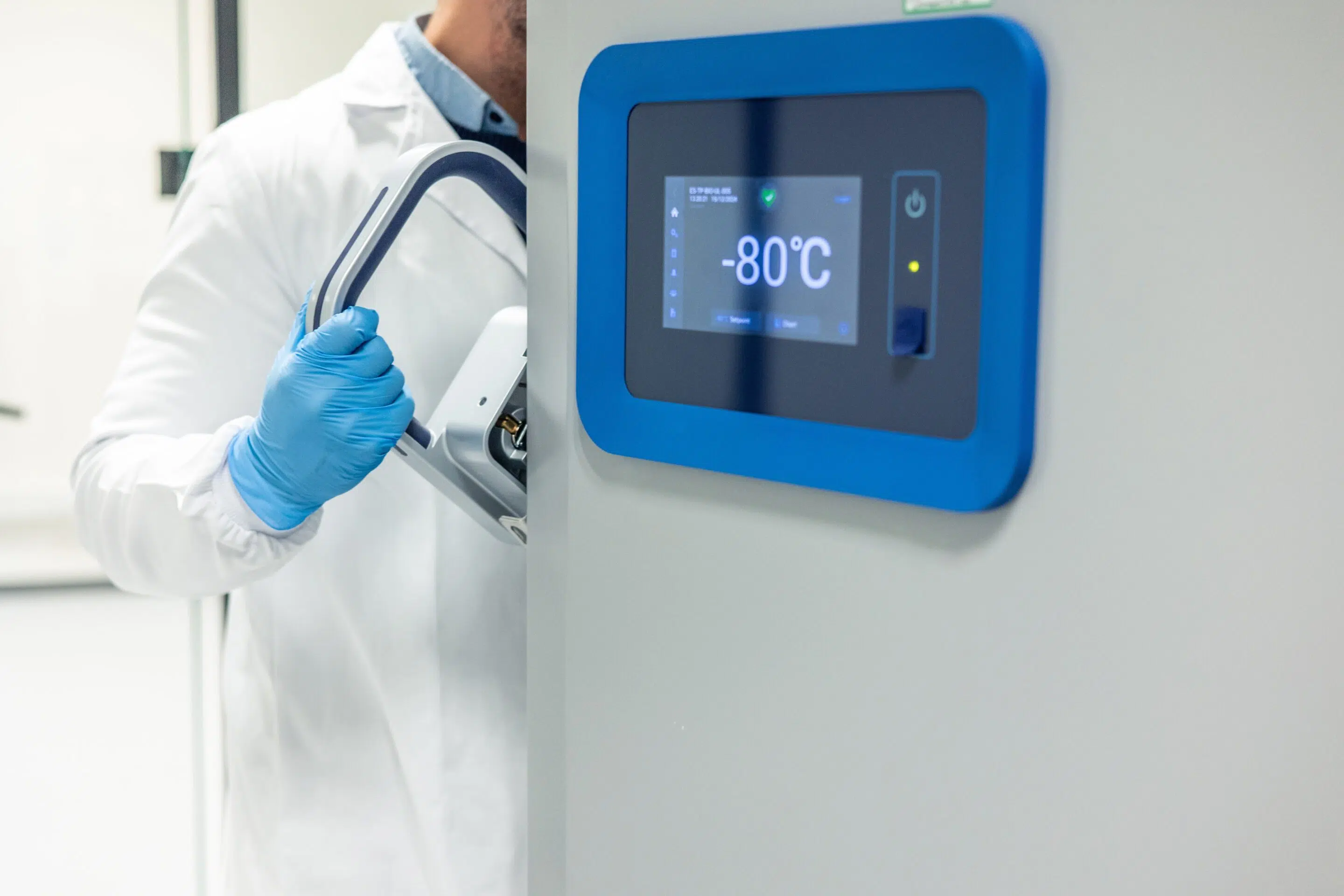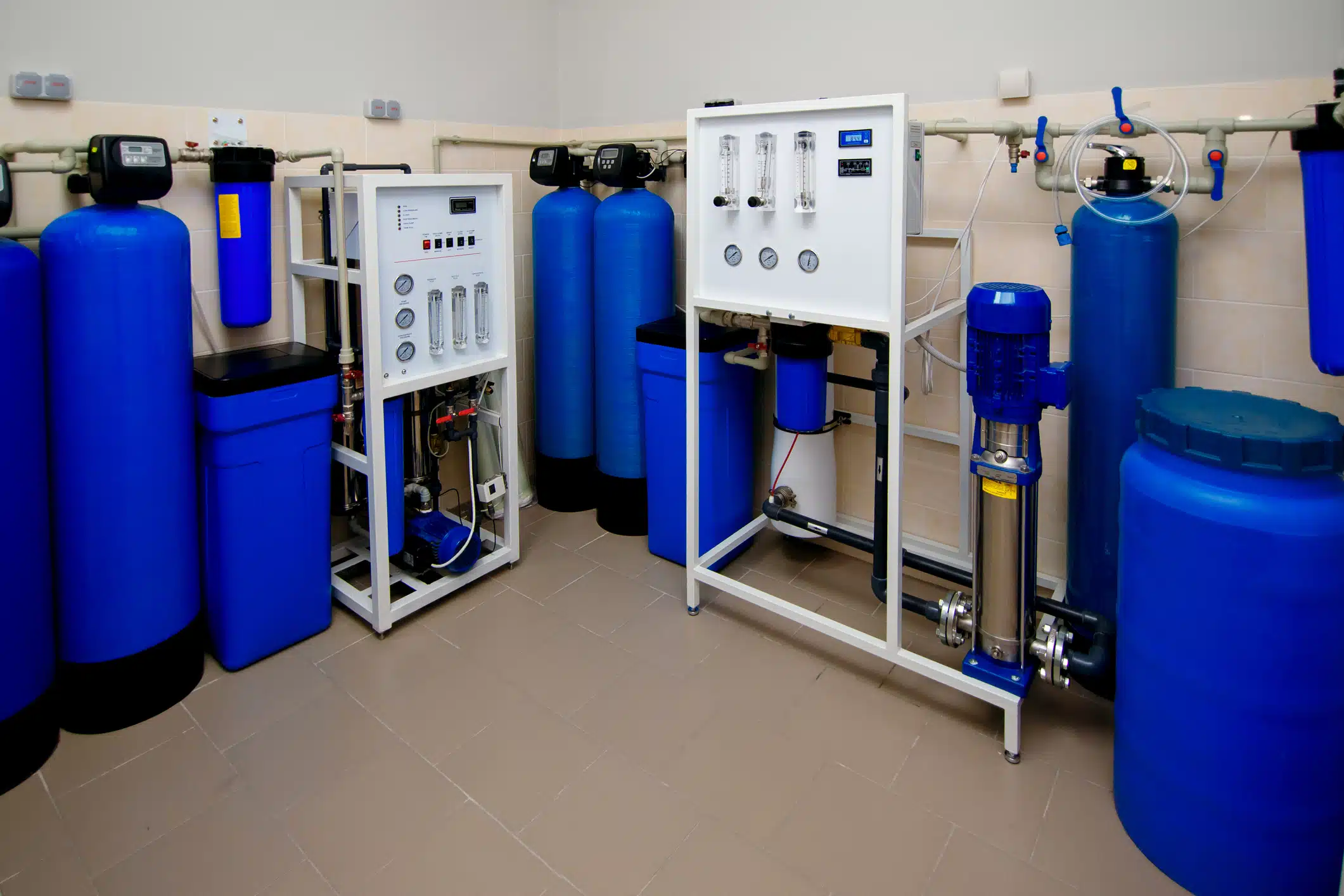Thermal Cyclers, or Polymerase Chain Reaction (PCR) Machines, are vital instruments in life science laboratories. Used to amplify DNA sequences for research, diagnostics, and clinical applications, the performance of these instruments hinges on accurate temperature control and thermal cycling. One crucial, yet often overlooked, factor in maintaining this deadly accurate precision is regular calibration.
This article outlines how routine calibration directly impacts PCR machine performance, boosts reliability, and helps labs maintain compliance with industry regulations.
Understanding PCR Machine Calibration
Calibration involves verifying and adjusting the equipment to ensure its reading and performance align with established industry standards. For PCR machines, this means fine-tuning thermal sensors and ensuring uniform temperature distribution across the thermal block.
Key calibration metrics include:
- Temperature accuracy: ensuring actual heat matches the setpoints
- Temperature uniformity: maintaining consistency across all wells
- Ramp rate accuracy: controlling how quickly the machine heats and cools
Adhering to calibration standards ensures the highest data integrity possible for your research.
The Benefits of Regular Calibration
Enhanced Accuracy
Even slight temperature variations can lead to failed amplifications or inconsistent results. Calibration ensures that each reaction receives the precise thermal conditions required for successful DNA replication.
Improved Reliability
Calibrated equipment reduces chances of inaccurate research, minimizing experiment repetition and wasted reagents.
Longer Equipment Lifespan
Regular adjustments reduce mechanical strain, extending the lifespan of thermal cyclers and preventing costly breakdowns and repairs.
How Often Should You Calibrate Your PCR Machine?
Most manufacturers recommend calibrating your PCR machine at least every six months. However, several factors may influence frequency:
- Heavy usage may require quarterly calibration
- Mission-critical applications, like clinical diagnostics, demand tighter intervals
- Environmental changes or signs of performance drift indicate immediate recalibration
What Does the Calibration Process Involve?
Professional calibration services usually include:
- Assessment: Evaluation of the machine’s current performance
- Thermal block verification: Using certified probes to measure heat distribution:
- Detailed documentation: Calibration certificates and logs for audits
Partnering with certified service engineers ensures the job meets quality and regulatory expectations.
The Risks of Skipping PCR Machine Calibration
Failure to calibrate regularly can have serious consequences:
- Inaccurate results leading to false positives or negatives
- Downtime and disruptions when systems fail mid-project
- Compliance issues resulting in failed audits or regulatory action
Proactive calibration protects both your data and your investment.
In Conclusion
Consistent, precise performance is the backbone of PCR technology, regular calibration is the key to maintaining it. From ensuring accurate test results to protecting your lab’s reputation, calibration is not just a maintenance task, it is a mission-critical priority.
Take action now: Schedule regular calibration for your PCR machines and partner with trusted service providers like MarathonLS to safeguard your lab’s success.




